NU's contributions to the UN Sustainable Development Goals
Vision: To be a leading institution in promoting sustainability, innovation, and social responsibility, contributing to the well-being of society and the environment.
Mission: To integrate sustainable practices into all aspects of campus life, ensuring that education, research, and community engagement align with the Sustainable Development Goals (SDGs).
Mission: To integrate sustainable practices into all aspects of campus life, ensuring that education, research, and community engagement align with the Sustainable Development Goals (SDGs).
SDG 14: Life Below Water
Protect and sustainably manage oceans, seas, and marine resources to support sustainable development.

Our goals in action
Nazarbayev University (NU) contributes to SDG 14 by supporting research, education, and innovation efforts aimed at protecting aquatic and marine ecosystems, especially within the context of Kazakhstan's inland waters and the broader Caspian Sea region.
Research and Innovation
Teaching and Student Life
Geothermal Energy Production and Marine Sustainability - project at Nazarbayev University focuses on assessing the geothermal energy potential within Kazakhstan's sedimentary basins, particularly through the study of conventional and fractured reservoirs and aquifers, such as the Oimasha granite. The project aims to evaluate the feasibility of geothermal energy production and storage, including the potential for Enhanced Geothermal Systems (EGS). This research is crucial for developing sustainable energy sources, contributing to Kazakhstan's energy transition and carbon reduction goals.
The TERESA Project ("Urban Water Resources Management: German Experience for Kazakh Cities") aims to improve water management in Kazakhstan’s cities by drawing on Germany's expertise in sustainable urban water systems. The project focuses on implementing advanced solutions for water usage, treatment, and distribution, addressing the challenges posed by rapid urbanization, climate change, and limited water resources in Kazakhstan. The goal is to promote efficient and sustainable management practices that can be adapted to the specific needs of Kazakh cities, helping to improve water security and resilience.
The TERESA Project ("Urban Water Resources Management: German Experience for Kazakh Cities") aims to improve water management in Kazakhstan’s cities by drawing on Germany's expertise in sustainable urban water systems. The project focuses on implementing advanced solutions for water usage, treatment, and distribution, addressing the challenges posed by rapid urbanization, climate change, and limited water resources in Kazakhstan. The goal is to promote efficient and sustainable management practices that can be adapted to the specific needs of Kazakh cities, helping to improve water security and resilience.
- Water and Marine Sustainability Curriculum: NU integrates sustainability into multiple undergraduate and graduate programs, including environmental sciences, geology, and public policy. Courses such as Hydrology, Environmental Engineering, Water and Wastewater Treatment, and Climate Science include units on aquatic ecosystem preservation, water pollution control, and coastal resilience.
- Student Research Opportunities: Students participate in marine-related research through fieldwork, assistantships, and publication projects addressing marine pollution, sedimentation, water governance, oil spill remediation, and hydrocarbon extraction impacts.
- Workshops and Training: As part of the TERESA Project, students and young professionals receive specialized training in sustainable urban water management, enhancing Kazakhstan's human capital for aquatic resource protection.
- Publications and Policy Engagement: NU researchers contribute to national policy on environmental protection and responsible resource management through international peer-reviewed publications and participation in scientific committees.
- Caspian Sea Awareness: Through seminars, guest lectures, and conferences, NU fosters public awareness and scientific understanding of the Caspian ecosystem's fragility and significance.
- Collaboration with Industry and Government: Projects such as Kashagan monitoring are developed in collaboration with oil and gas stakeholders, ensuring research supports environmentally responsible decision-making.
Community Impact
Marine and Aquatic Research Highlights (2024–2025):
- Towards Multi-Modal Oil Spill Detection in the Caspian Sea: This research combines remote sensing, deep learning, and natural language processing to improve oil spill detection, revealing underreporting and informing marine protection policy.
- Deformation Monitoring of Northern Caspian Sea Kashagan Oilfield: Utilizes high-resolution satellite imagery to assess geohazards and inform safer offshore operations.
- Vitality of Natural Polymers in Safe Flooding: Examines eco-friendly materials for enhanced oil recovery in the Caspian Sea, highlighting potential for low-impact marine technologies.
- Quantitative Monitoring of Differential Deformation: Advanced radar imaging tracks ground movement in the Kashagan offshore field, offering insights into environmental impact mitigation.
- Untapped Potential of Deep-Marine Gas Reservoirs: This geoscience research integrates seismic analysis to identify sustainable energy reservoirs with minimal marine disruption.
- Mix Design for Cement Admixed Sandy Clay: A study focusing on stabilization techniques for marine clay environments, contributing to sustainable land reclamation near aquatic ecosystems.
- Evidence for Active Generation and Seepage of Sub-Salt Gas: Offers insights into petroleum system dynamics beneath marine environments, including implications for environmental safety in hydrocarbon extraction.
- Linking Petrophysical Heterogeneity in Marine Reservoirs: Research from Egypt's Bahariya Formation offers transferable insights for sustainable reservoir management in similar offshore zones.



Nazarbayev University plays a vital role in preserving aquatic ecosystems and advancing sustainable marine practices through interdisciplinary research, global collaboration, and proactive education, aligning with the objectives of SDG 14.
